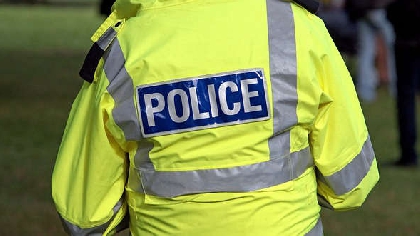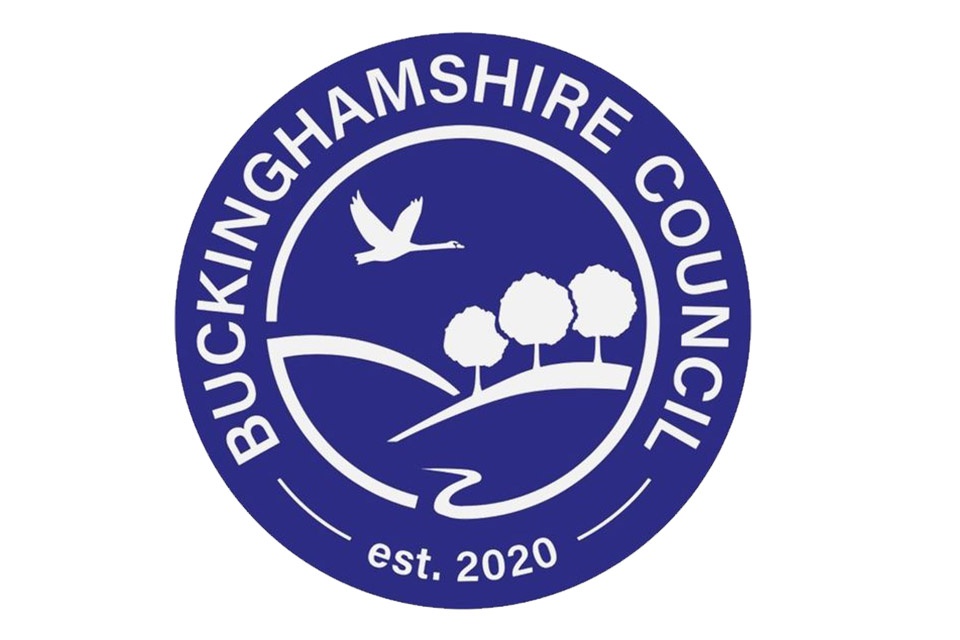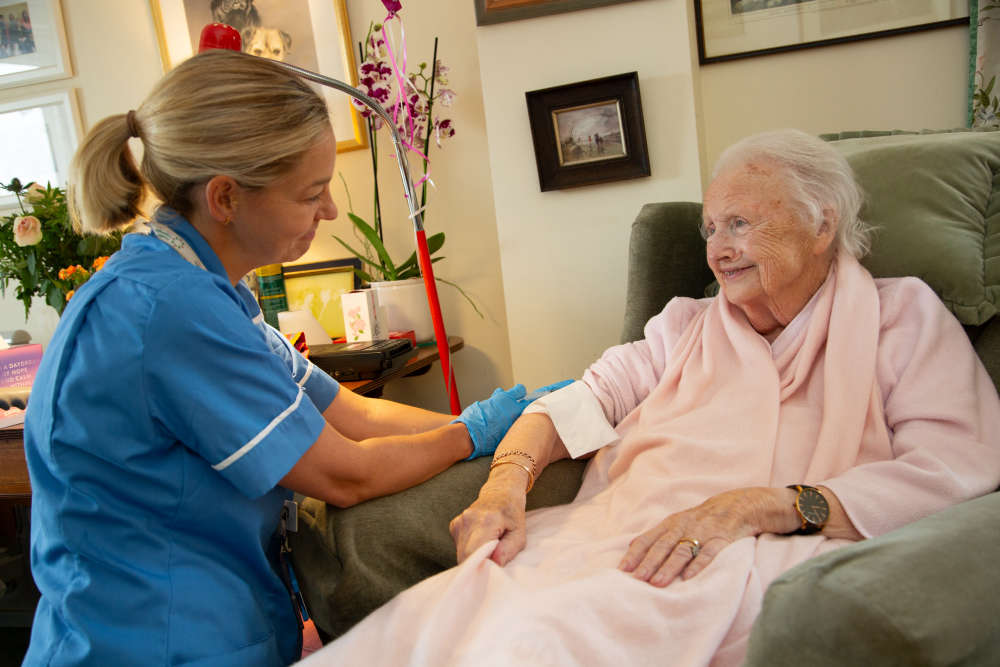
A watchdog has raised about the ‘critically low’ level of specialist staff at Thames Valley Police in a new report.
His Majesty’s Inspectorate of Constabulary and Fire & Rescue Services (HMICFRS) has rated the force as ‘requires improvement’ for its ability to tackle serious and organised crime.
It found the number of some specialist staff is ‘critically low’ and said some operations are being put ‘at risk’.
The watchdog was looking at how effectively forces in the South East tackle serious and organised crime.
Such offences include child sexual exploitation, drug dealing, firearms distribution, money laundering and modern slavery.
HMICFRS said that Thames Valley needed to improve its understanding of serious and organised crime, as well as the way it tackles it and the resources and skills at its disposal to deal with it.
The watchdog’s investigators said the force had reduced its number of analytical posts since 2012 and that senior managers told them that the ‘number of analysts has fallen to a critically low level’.
The report said that some requests for analytical support cannot be met, that remaining analysts have an increased workload and that they ‘frequently work overtime’, meaning there is ‘little resilience within teams’.
One section of the report added: “Senior personnel told us that the financing of force intelligence and specialist operations is at risk; they must make significant savings. It is anticipated that most of these savings will come from personnel posts.”
Another issue revealed by the HMICFRS inspection was that Thames Valley was not using ‘local profiles’ to deal with serious and organised crime.
Most of the force’s local policing teams ‘hadn’t heard of’ these profiles, which provide an overview of serious and organised crime threats and the criminal groups involved.
Another area for improvement flagged by HMICFRS was that Thames Valley should make sure that it has enough frontline resource to tackle serious and organised crime.
The watchdog’s report read: “During reality testing, we heard that neighbourhood officers were frequently supporting response teams.
“In one local policing area we heard that on occasions all officers had been moved to response duties. This was affecting the force’s response to serious and organised crime.”
Thames Valley Police’s detective chief superintendent Craig Kirby said the force acknowledged the HMICFRS report and was ‘actively progressing the learning points’.
Kirby, the head of crime and intelligence, said that in the past 12 months the force had seized nearly £1million pounds in cash, carried out 301 drug seizures, secured 291 phones linked to serious and organised crime, and seized 40 firearms – the most in its history.
He also hailed the force’s work with its partners and in schools, as well as its work with the Crown Prosecution Service to increase the volume of charges and remands for those found in possession of knives.
He added: “We are however aware that some areas have been highlighted as requiring improvement, particularly in relation to the resourcing of some of our specialist teams.”
Kirby said these issues were being addressed by ‘restructuring governance’, including by working with other forces and by reducing how many neighbourhood officers leave the force.
He added: “We are aware of the resourcing challenges we face and have established mechanisms to ensure our resources are appropriately deployed, based on threat risk and harm and the wider operational demands.”
Thames Valley Police serves the regions of Buckinghamshire, Berkshire and Oxfordshire.



 Crown Court backs Council decision to refuse private hire licen
Crown Court backs Council decision to refuse private hire licen
 Double win for Waddesdon venues at the Beautiful South Tourism Awards
Double win for Waddesdon venues at the Beautiful South Tourism Awards
 Free Parking in Bucks car parks this Christmas
Free Parking in Bucks car parks this Christmas
 Bucks Healthcare urges masks and hand hygiene as winter bugs surge
Bucks Healthcare urges masks and hand hygiene as winter bugs surge
 Risborough Rangers Stadium Break-In Threatens Memorial Fundraising Efforts
Risborough Rangers Stadium Break-In Threatens Memorial Fundraising Efforts
 Local author publishes second novel
Local author publishes second novel
 Buckinghamshire schools take part in Dragons' Den-style green technology challenge
Buckinghamshire schools take part in Dragons' Den-style green technology challenge
 Big Give Boost for Hospice at Home Care
Big Give Boost for Hospice at Home Care











